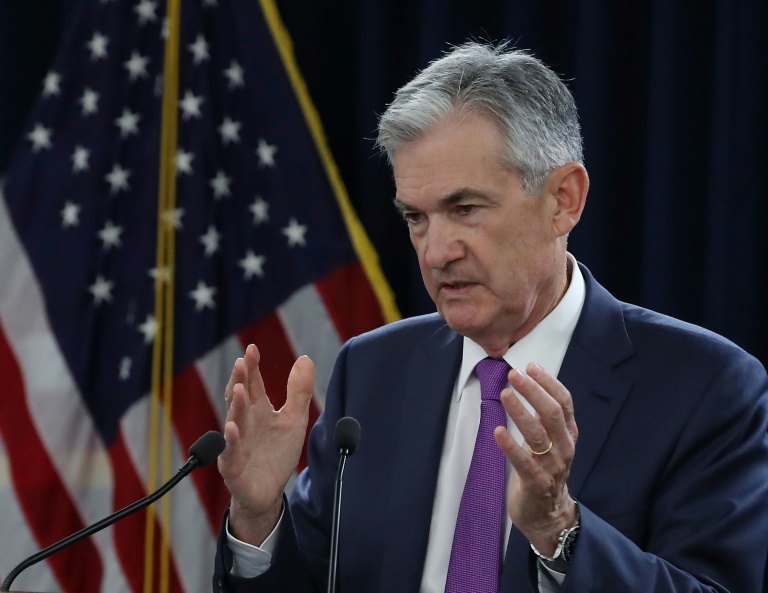×
The Standard e-Paper
Smart Minds Choose Us

Wage gains at long last have made an appearance in the US economy after a baffling absence amid robust job growth but the Federal Reserve is expected to hold its fire next week.
Central bankers certainly will take notice of the recent data, with especial focus on everything contributing to inflation, but have made it clear they are committed to a gradual pace of increases in the benchmark lending rate, meaning the fourth hike of the year will not come until December.